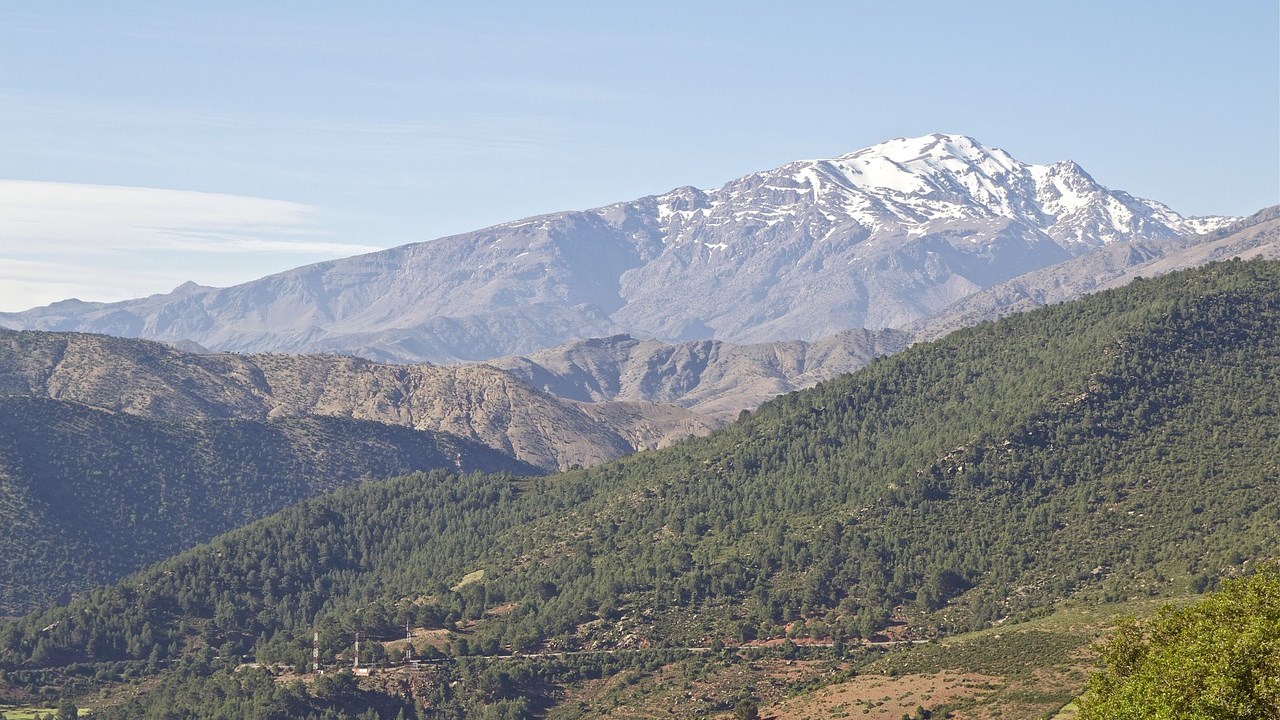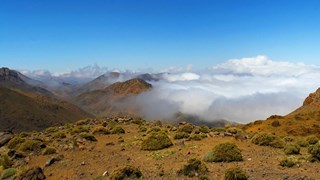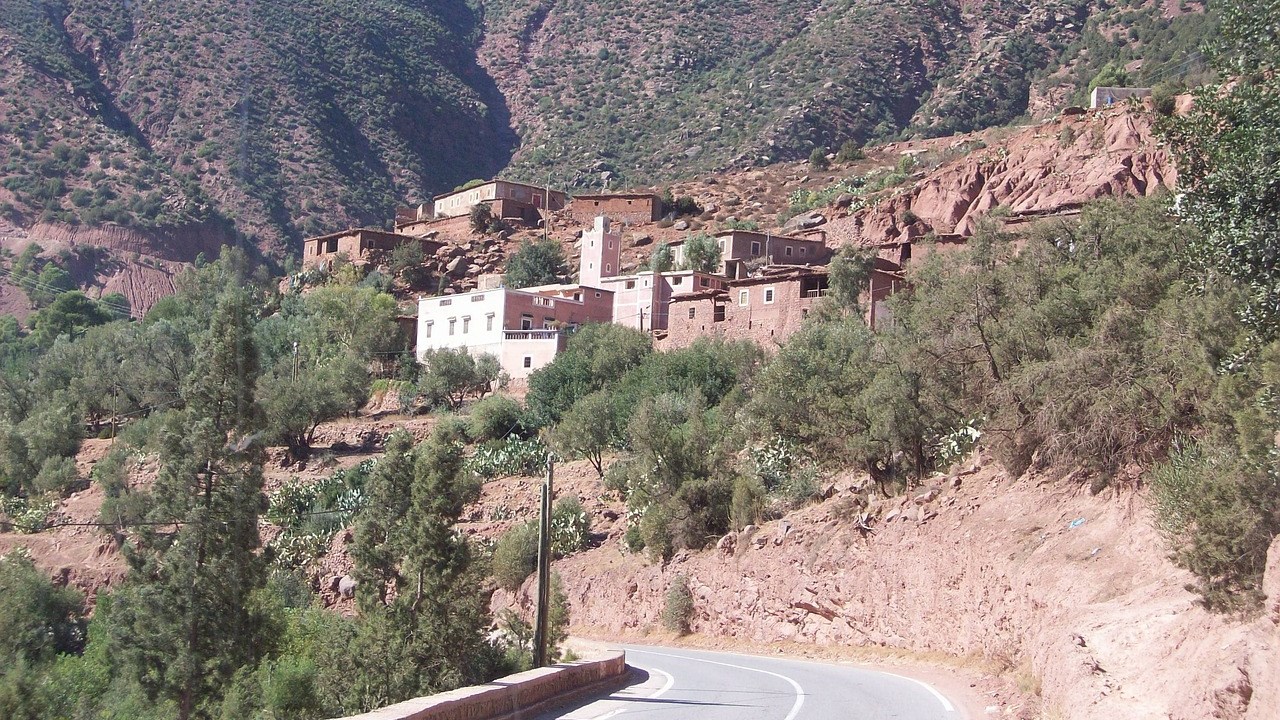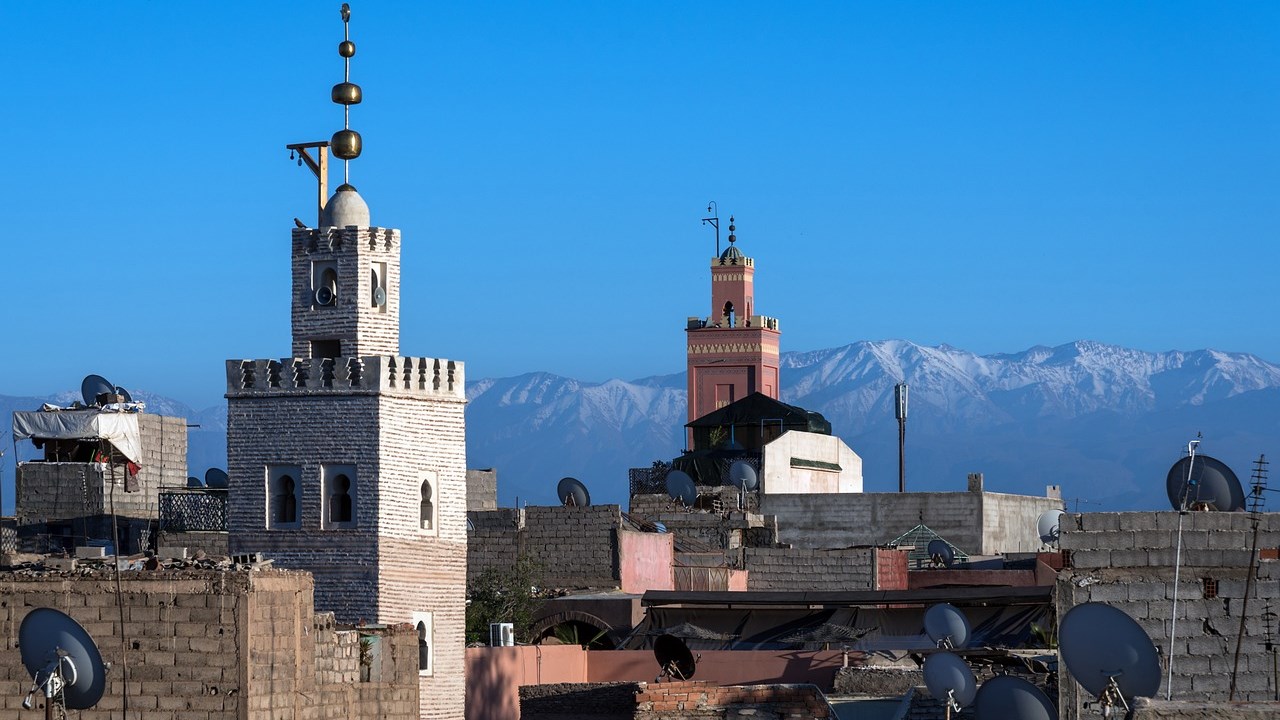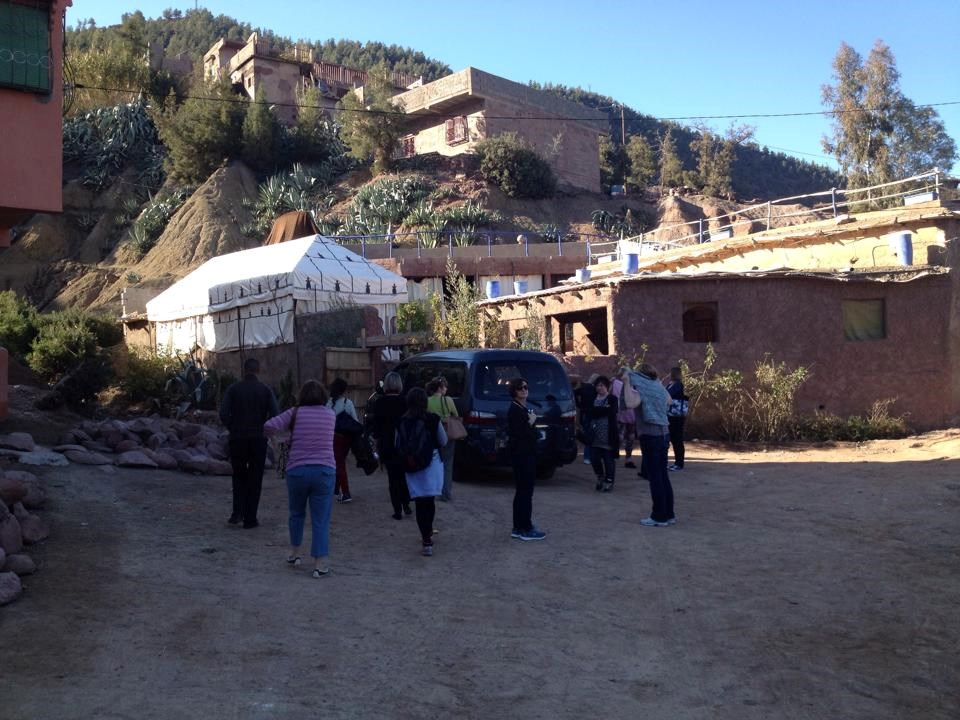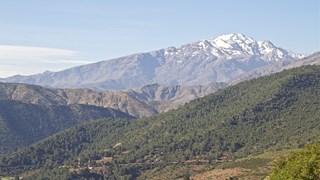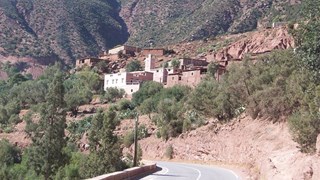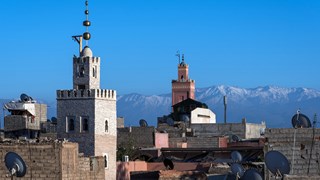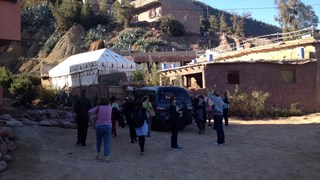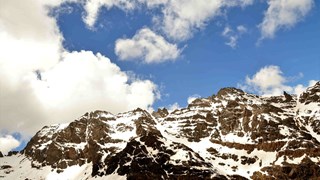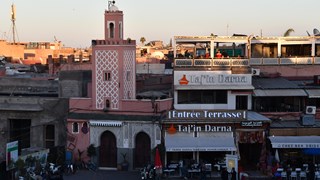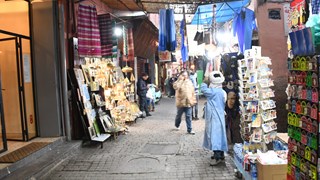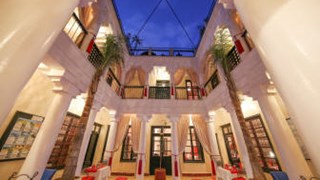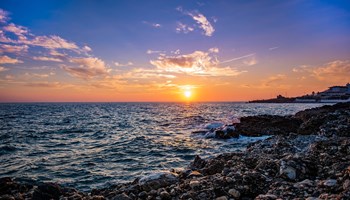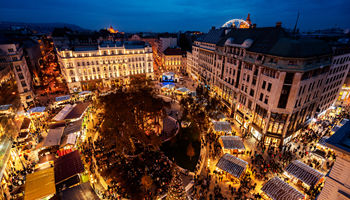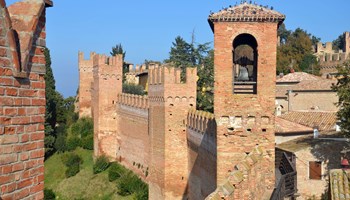Marrakech & Atlas - Mount Toubkal Trek
Sunday 11 May - Sunday 18 May
(7 nights)
From £965.00
Listed by Spice Escapes
Overview
Join us on an exciting adventure from Marrakech to Mount Toubkal 13671 feet - an expedition with a local guide that can’t be missed. This 8-day trip starts in Marrakech where you will arrive and spend the night in a traditional raid preparing for your adventure in the Atlas Mountains. Our itinerary for the trek allows you to start hiking with some lower elevations. This offers some beautiful scenery and will allow you to gain some experience of the landscape and terrain before heading towards the summit of Mount Toubkal (13671 feet) - the highest mountain in The Atlas and highest peak in north Africa, in the final days of the trek. Throughout the trek you will be staying in some authentic and traditional mountainous villages which will allow you to explore new exciting and interesting cultures.
Includes
- Flights
- Transfers
- 2 nights Marrakech Riad, 3 nights berber gite, 2 nights Toubkal Refuge
- Mountain guides
- Mules and muleteers to carry your luggage
- Berber Cook
- All meals on the hike
Extras
- Personal travel insurance
- Some food and drinks
- Tips and personal expanses
- Single Supplement
Location & Itinerary
MARRAKECH
A trip to Morocco should always start in Marrakech, a winding labyrinth of colourful soaks, bustling squares, beautiful riads and sumptuous cuisine. Known as the ‘Red City’, it lies in southern Morocco, sandwiched between the soaring Atlas Mountains and the scorching Sahara Desert. With bursts of scent and colour coming at you from all directions, your senses will go into overdrive - not to mention the extensive amount of history, culture, food and adventure on offer.
There’s only one way to see this captivating city – from a traditional riad in the heart of the medina.
ATLAS MOUNTAINS
Just 80 minutes from Marrakech, the majestic Atlas Mountains are the perfect place to escape the hustle and bustle and enjoy wildlife and wilderness in an idyllic setting. It’s a chance to discover authentic Berber village life, far from being spoilt by commercialization. It’s a stunning combination of valleys, summits and traditional villages clinging to mountainsides. Embark on an exciting 6 day adventure with a wonderful guide that will take you hiking in these beautiful mountains allowing you to explore the breath-taking views of the beautiful landscapes. The trip culminates with a summit attempt of Toubkal (13671 feet) - the highest mountain in The Atlas and highest peak in north Africa.
Sample Itinerary
Day 1: Arrival in Marrakech.
Upon your arrival at Marrakech airport, you'll be welcomed and transferred to your hotel, where you can settle in and prepare for the adventure ahead.
Day 2: Marrakech to Imi Oughlad to Tizi Ntacht and then to Aissa Village.
Embark on an exhilarating journey, starting in Marrakech and reaching Imi Oughlad. As you ascend Tizi Ntacht, take in breath-taking views, and descend to the charming Id Aissa village nestled in the scenic Azzaden valley. The walk spans approximately 5-6 hours, offering a blend of natural beauty and cultural exploration.
Day 3: Id Aissa to Azib Tamsoult and Tamsoult Waterfalls.
Today's trek of around 6-7 hours leads you from Id Aissa to Azib Tamsoult, where the landscape unfolds its wonders. Explore the mesmerizing Tamsoult waterfalls before returning to Azib Tamsoult for a tranquil night's rest.
Day 4: Azib Tamsoult to Tizi Mzik then Aremd Village.
Experience a roughly 6-hour trek from Azib Tamsoult, crossing Tizi Mzik, and descending to the quaint Aremd village. Immerse yourself in the local culture and unwind in this serene setting.
Day 5: Aremd Village to Sidi Chamharouch and then arriving at Toubkal Basecamp.
Embark on a 5-6 hour trek, beginning in Aremd village, passing through Sidi Chamharouch, and culminating at the Toubkal Basecamp. Each step reveals new landscapes and cultural nuances.
Day 6: Toubkal Basecamp to Toubkal summit (13671 feet) and then back to Basecamp.
Today marks the summit day, with an ambitious 8-10 hour ascent to Toubkal Summit. Revel in the achievement and descend back to the Basecamp, surrounded by the majesty of the high Atlas Mountains.
Day 7: Toubkal Basecamp to Imlil then Transfer to Marrakech.
Descend from the Toubkal Basecamp to Imlil in approximately 4-5 hours. Following this, transfer back to Marrakech, allowing time to reminisce about the adventure amidst the vibrant city atmosphere.
Day 8: Farewell to Marrakech - Transfer to the Airport.
Bid farewell to the enchanting city of Marrakech as you are transferred to the airport. Reflect on the memories created during this captivating journey through the diverse landscapes and rich cultural tapestry of Morocco.
Provisional Flight information
11/05/25 Gatwick to Marrakech Dep: 0745 Arr: 1130
18/05/25 Marrakech to Gatwick Dep: 1210 Arr: 1545
11/05/25 Manchester to Marrakech Dep: 0655 Arr: 1035
18/05/25 Marrakech to Manchester Dep: 1100 Arr: 1440
11/05/25 Luton to Marrakech Dep: 0705 Arr: 1050
18/05/25 Marrakech to Luton Dep: 1135 Arr: 1510
The luggage allowance is -
Gatwick & Luton 23kg hold luggage.
Manchester 20kg hold luggage
Marrakech & Atlas - Mount Toubkal Trek - Accommodation
| Type | Price | |
|---|---|---|
| Place in a twin share (female only) | £0.00 | Available |
| Place in a twin share (male only) | £0.00 | Sold Out |
| Place in a single room | £380.00 | Sold Out |
Marrakech & Atlas - Mount Toubkal Trek
| Type | Price | |
|---|---|---|
| Own flights and transfers | £965.00 | Available |
| London Gatwick | £1155.00 | Available |
| Luton | £1185.00 | Available |
| Manchester | £1235.00 | Available |
Not enough spaces left for you? Join the waitlist

